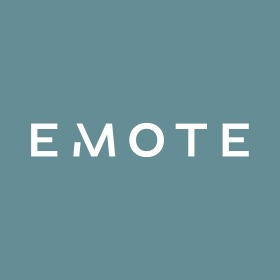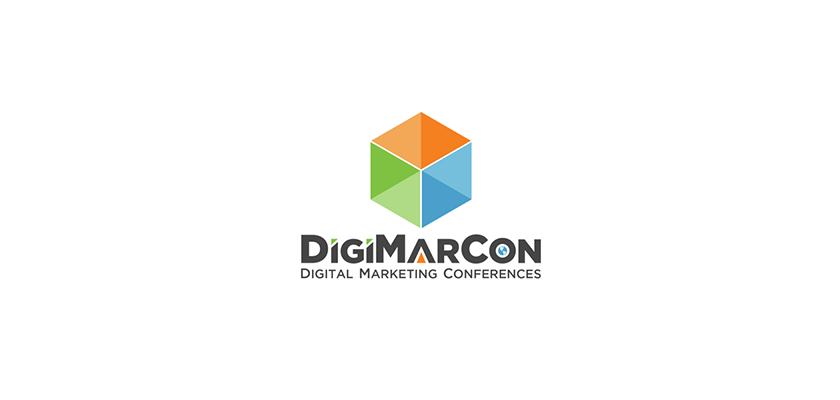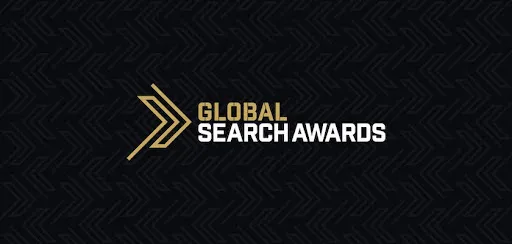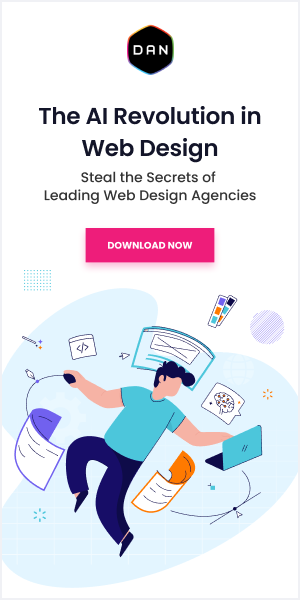
AI News of October
Get ready to dive into the latest AI buzz this October and level up your AI marketing game. Microsoft is unveiling Copilot, an all-encompassing AI assistant set to revolutionize our digital experiences. Meanwhile, French startup Mistral AI has introduced Mistral 7B, a powerful LLM accessible to all. And for ChatGPT users, OpenAI has just rolled out an internet browsing feature for ChatGPT Plus and enterprise users. While some are skeptical, there’s no denying the excitement surrounding this upgrade. Stay tuned to stay in the loop with the ever-evolving world of AI and AI marketing.
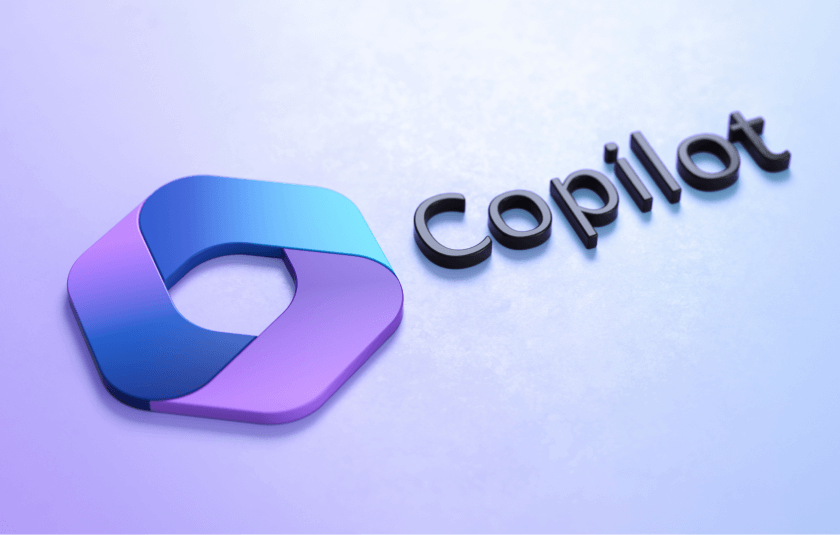
Microsoft’s Everyday AI Companion Copilot Revolutionizes Technology Interaction Across Windows 11
Microsoft Copilot, an AI companion that’s set to transform the way we engage with technology, is being launched. This new tool integrates seamlessly into Windows 11, Microsoft 365, Edge, Bing, and other applications. And its versatile features offer a unified and powerful experience.
One Tool, Multiple Applications: An Everyday Companion
Copilot goes the extra mile that traditional chatbots don’t. It helps users with a wide range of tasks. Its capabilities vary from assisting in composing emails, arranging windows, launching apps, and even generating text. Its utmost versatility makes it a handy tool for everyday computing.
With Copilot’s integration into Windows 11, it becomes accessible across all applications and screen sizes. Whether you’re at work or leisure, Copilot simplifies your digital life.
AI-Powered Enhancements
Microsoft is bringing AI enhancements to Paint and Photos, enabling features like background removal, layers, and generative AI in Paint. The Snipping Tool now supports text extraction and audio recording. Bing delivers personalized answers, while Edge includes Bing Chat Enterprise for a seamless browsing experience.
Enterprise and Consumer Solutions
For enterprise users, Microsoft 365 Copilot, available starting November 1, offers intelligent assistance and streamlines workflows. This is incredibly promising to adhere to business needs. On the consumer front, Designer, powered by OpenAI’s Dall.E 3, brings exciting visual capabilities to Microsoft 365 apps.
Will Microsoft Companion Prove to Be Useful?
Is Microsoft Copilot the dawn of a new era in AI-driven innovation? It sure aims to create a seamless, comprehensive AI companion experience. But how useful it will be for the user, the time and the experiences of users will show the success or failure of Microsoft Copilot.
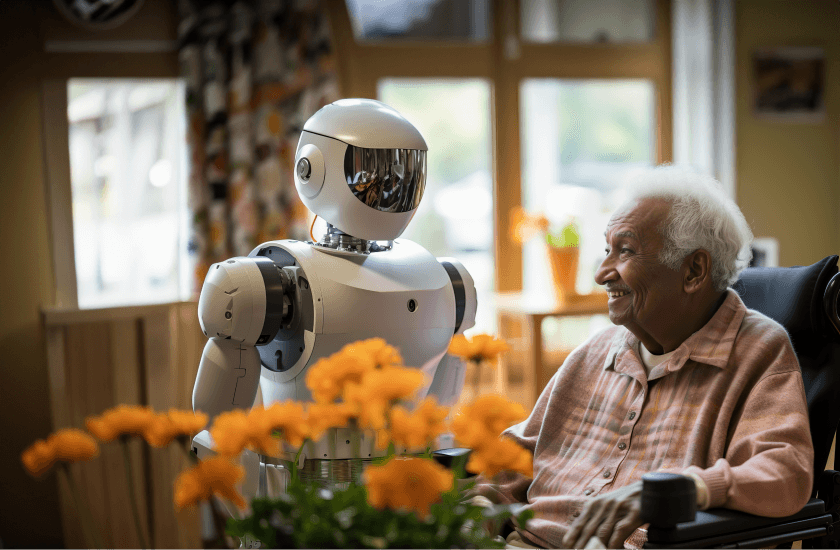
Mistral AI Revolutionizes Language Models: Mistral 7B Now Accessible, Open-Source, and Compatible with LocalGPT
French startup Mistral AI has introduced their new LLM Mistral 7B which aims to break the barriers of LLMs. Their newest creation, Mistral 7B, a powerful language model, is now accessible to all. Making the product free for all, Mistral AI is here to shatter the confines of size and access restrictions.
Accessibility for All
Mistral 7B, signifies a new era in AI language models. Unlike many other LLMs, this model isn’t concealed behind paywalls or restricted access. It’s now accessible to anyone looking to supercharge their projects, research, or applications.
Offered under the permissive Apache 2.0 license, Mistral 7B open to everyone. From hobbyists to tech giants to government entities like the Pentagon are welcome to use. The only prerequisite is a compatible local system or a willingness to invest in cloud resources.
Easy Access
Mistral AI has made it effortlessly straightforward for users to get their hands on Mistral 7B. There are different channels that the model can be downloaded through. For example, a 13.4-gigabyte torrent is gaining traction among users. Also Mistral is offering collaboration and troubleshooting services through a GitHub repository and a Discord channel.
Efficiency in a Compact Package
Despite being categorized as a “small” large language model, Mistral 7B delivers comparable capabilities, as demonstrated by standard benchmarks, all while reducing computational costs. This is a distinguishing feature from other resource-intensive models like GPT-4, mainly accessible through APIs or remote access.
Mistral AI pushes open models to peak performance. The impressive performance of Mistral 7B is the result of three months of intensive work, where the Mistral AI team, with experience at Meta and Google DeepMind, assembled to build a top-tier data processing pipeline from scratch.
Expertise as a Catalyst
The founders of Mistral AI brought invaluable expertise from their previous work on similar models at Meta and Google DeepMind. With this knowledge at hand,they found the path to success in creating Mistral 7B.
Mistral AI’s move to democratize access to powerful language models reflects the changing landscape of AI. Hopefully the future of AI technologies will lie where innovation and accessibility walk hand in hand.
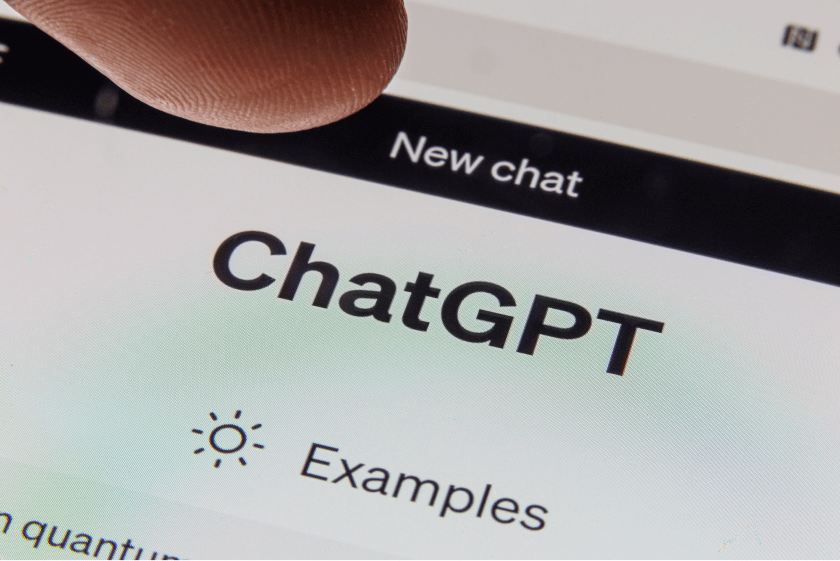
ChatGPT Internet Browsing: The Resurrection, Challenges, and Promises
OpenAI has unveiled a significant upgrade for ChatGPT. They’ve announced that they are extending the model’s functionality to include web browsing features exclusively for ChatGPT Plus and Enterprise subscribers.
This new (not so new actually they first launched the feature in May and optimized the feature based on user feedback) feature allows the chatbot to explore the web using Bing. So the model now can provide users with concise summaries of the results and source links.
It is exciting because ChatGPT is no longer confined to the training data predating September 2021. Now the tool can deliver the most current information on topics ranging from current events to news and research.
Pros and Cons of This Upgrade
Now the upgrade empowers users to access more up-to-date information. This allows OpenAI to better compete with rivals like Google Bard, known for their real-time web search capabilities. However, the accessibility of web browsing is currently limited to Plus and Enterprise users, with a $20 monthly subscription cost for Plus. This subscription cost stands in contrast to the free accessibility of competitors like Bard and Bing Chat.
While OpenAI does plan to extend web browsing to all users in the future, the timeline for this expansion remains unspecified. Also not so bright but, users are required to consent to share their browsing data with OpenAI. Some are concerned about privacy and data security.
Inconsistent Performance and Technical Hurdles
Regrettably, availability, and privacy are not the only concerns raised by this browsing feature. Since its launch, several users have reported issues with ChatGPT’s web search abilities. Some have even pointed out instances where the bot claimed not to know answers without attempting a search or failed to access certain web pages due to restrictions.
These issues are compounded by the fact that many popular websites have chosen to block OpenAI’s web crawler, GPTBot, citing copyright concerns. Currently, a quarter of the top 1,000 websites, including major publishers like The New York Times, The Guardian, CNN.com, USAToday, and others, have blocked GPTBot’s access to their content.
Copyright Concerns and Lack of Transparency
OpenAI’s decision to connect ChatGPT to the internet has sparked concerns about the content being scraped from the web. Questions have arisen about the inclusion of personal data, copyrighted materials, or intellectual property from third-party websites in ChatGPT’s training data.
One of the major challenges here is OpenAI’s black box approach to AI development, which lacks transparency regarding the data used to train ChatGPT. This lack of clarity makes it difficult to determine if protected data categories such as personally identifiable information (PII) or intellectual property (IP) have been incorporated into the training data.
The Final Verdict
The connection of ChatGPT to the internet brings promising new capabilities for Plus and Enterprise users. However, it’s not without its challenges, particularly concerning the substantial number of sites blocking GPTBot. As long as concerns regarding AI models processing copyrighted material and IP continue, these limitations are likely to endure.
This development is significant, but it comes with its set of difficulties and complexities.







